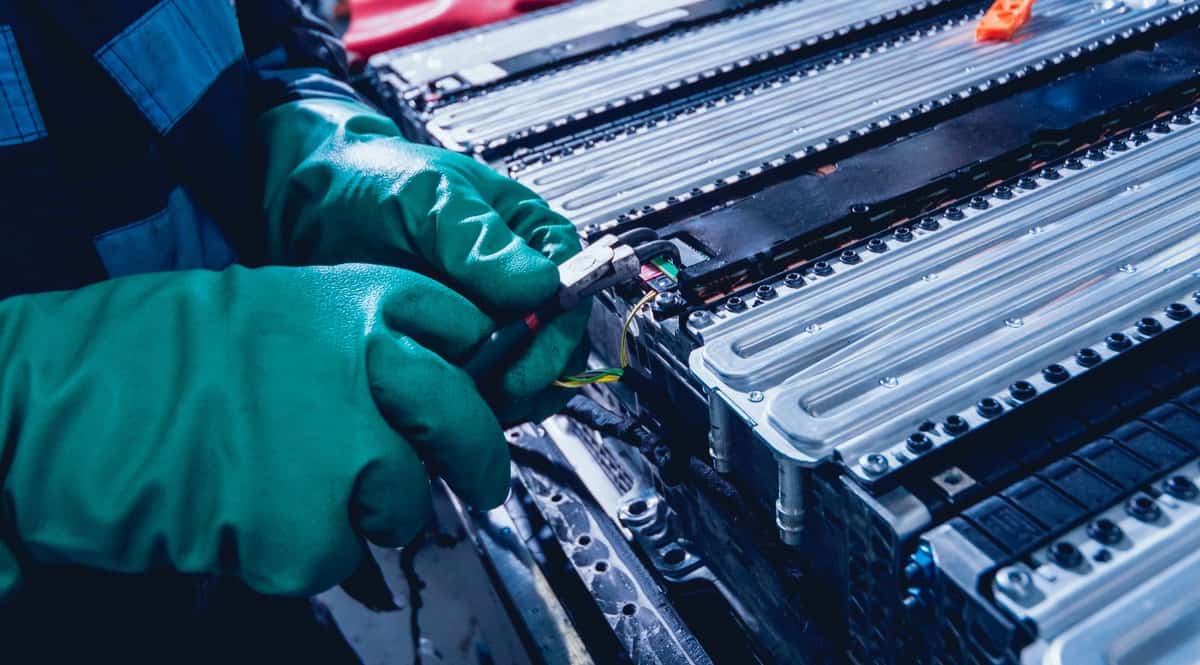Chinese battery startup Betavolt proudly announced its ground-breaking atomic energy battery with an estimated lifespan of 50 years.
Nuclear battery breakthrough
According to the press release, Betavolt scientists utilized nickel-63’s (Ni-63) emitted electrons to generate electricity.
They created an innovative diamond semiconductor that is only 10 microns thick. To put it in perspective, it is only one-fifth the size of an average human hair.
Then, they put a thin sheet of Ni-63 measuring two microns between two diamond semiconductors to produce energy.
These development efforts led to the creation of the BV100, marking the first nuclear battery in the world.
Impressively, it can automatically generate energy for half a century without any charging. Betavolt further boasted that the battery can produce 8.64 joules per day and 3,153 joules per year.
What is an atomic energy battery?
Atomic energy batteries are also referred to as nuclear or radioisotope batteries. This cutting-edge battery technology collects energy generated by nuclear isotope decay.
Then, the system transforms the decaying radioactive energy into electrical power via semiconductor converters.
Potential benefits
Betavolt’s BV100 nuclear battery offers a tenfold advantage in energy density compared to a ternary lithium battery.
It has the capacity to store 3,300 megawatt-hours in a one-gram unit, enabling it to automatically generate electricity for 50 years without any charging.
In that sense, customers no longer need to plug it in during its entire lifespan. In addition, it can withstand fire, explosions, and gunshots.
The company also claims that the new battery technology can function normally even at 120 degrees Celcius and -60C temperatures. Some examples of practical applications for this technology are smartphones that never need to be charged and drones that can fly for an indefinite amount of time.
However, its potential application in electric vehicles seems theoretically unattainable for now due to its small amount of electricity generation capacity. It would be interesting to see this technology grow to support the electric vehicle industry.
Excitingly, the battery startup aims to introduce a slightly larger battery that can produce 1 watt of power in 2025.

